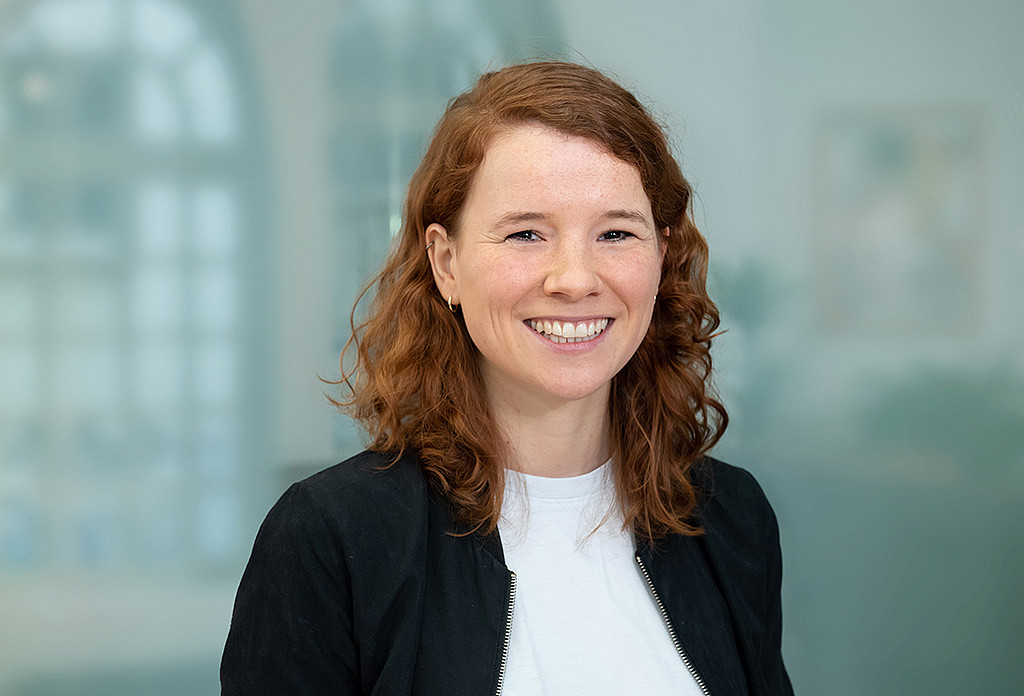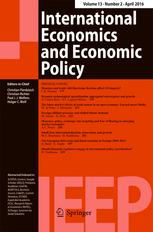Anna Solms

Aktuelle Position
seit 6/22
Wissenschaftliche Mitarbeiterin der Abteilung Makroökonomik
Leibniz-Institut für Wirtschaftsforschung Halle (IWH)
Forschungsschwerpunkte
- dynamische Makroökonomik
- Umweltökonomik
- Regionalökonomik
Anna Solms ist seit Juni 2022 Doktorandin in der Abteilung Makroökonomik. Ihre Forschung konzentriert sich auf Themen der dynamischen Makroökonomik, insbesondere auf Einflussfaktoren der regionalen Entwicklung und wirtschaftlichen Ungleichheit.
Anna Solms studierte an der Universität Bonn und der Universität Leipzig. Sie verbrachte jeweils ein Auslandssemester an der Universität Luxemburg und an der Keio Universität in Japan.





